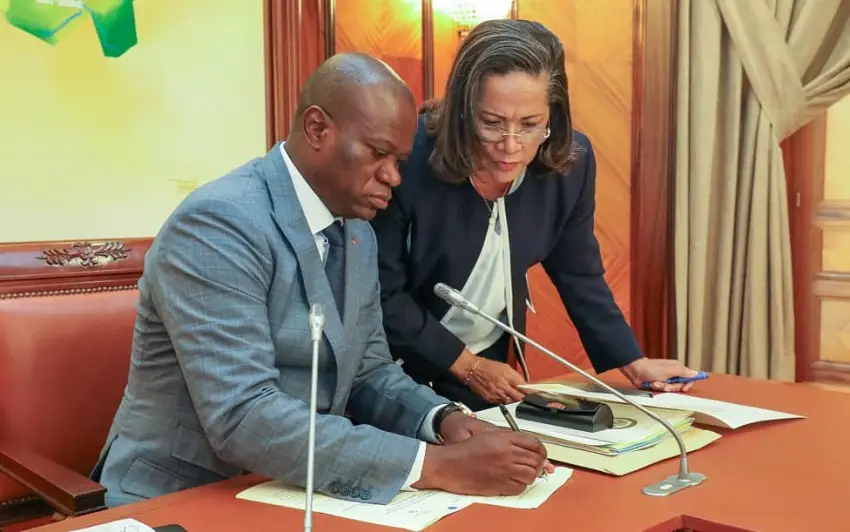Etoudi – October 12, 2025 (Cameroon): The Opposition Seeks Unity, but Deep Divisions Remain
With just two months to go before the October presidential election, backroom negotiations among opposition figures for a single candidacy are multiplying. While the desire for change is openly expressed, deep divisions between key actors are hindering the formation of a credible and lasting alliance. Officially, 11 candidates have been approved by the Constitutional Council to challenge Paul Biya, who has been in power for 42 years. In reality, several of these candidates are working behind the scenes to build a coalition. Their stated goal: avoid the fatal fragmentation of votes that allowed the incumbent to win re-election in 2018 with 71.28% of the vote, according to official figures. Yet beyond good intentions, the coalition remains poorly structured. Points of convergence do exist – resolving the Anglophone crisis, constitutional reform, limiting the presidential term to five years, renewable once – but disagreements remain deep over who should lead and what strategy to adopt. “Some candidates are clearly willing to move forward together. But we are still stuck managing sensitivities and individual ambitions”, says a close adviser to Akere Muna, speaking on condition of anonymity. Bello Bouba in the Lead, But Divisive Among those considered to lead a possible coalition, Bello Bouba Maïgari appears to have an edge. A former minister, former Prime Minister, and native of the North – a region that alone accounts for nearly 30% of the electorate – he is seen by some as a potential compromise candidate. “He is perceived as experienced and able to reassure certain elites,” explains political analyst Njoya Moussa. “But his past in government works against him among voters seeking real change ”. His candidacy is also dividing grassroots supporters, with some criticizing it as an elitist strategy disconnected from the realities and demands of the broader population. An Opposition With Shifting Lines Other names, such as Cabral Libii, Akere Muna, and Maurice Kamto (whose candidacy was rejected), are still being discussed. Despite his absence from the race, Kamto’s party, the MRC, continues to wield significant influence, especially in urban areas and within the diaspora. “Kamto’s symbolic weight should not be underestimated. A clear endorsement from him could completely shift the balance”, notes political journalist Brice Tchana. Still, the opposition is struggling to define clear mechanisms for working together: What kind of governance? How would power be shared in the event of a victory? What campaign strategy should be adopted? These key questions remain largely unanswered. A Union at Risk of Being Superficial The obsession with a “single candidate” risks masking a deeper problem, observers warn. While numerical unity may be attractive, it cannot replace a shared political vision, nor resolve the ideological, regional, and generational divides within the opposition. “An alliance without project cohesion is an empty shell. The risk is forming a façade of unity that will collapse at the first strategic disagreement,” warns political analyst Lilian Ntamack. 2018: A Warning from the Past This isn’t the first time such an alliance has been attempted. In 2018, similar calls for unity fell apart at the last minute. The Biya camp, for its part, continues to benefit from the opposition’s instability. Without deep reform of the electoral system, the opposition can only rely on its own discipline, clarity of vision, and unity of purpose if it hopes to achieve change.


